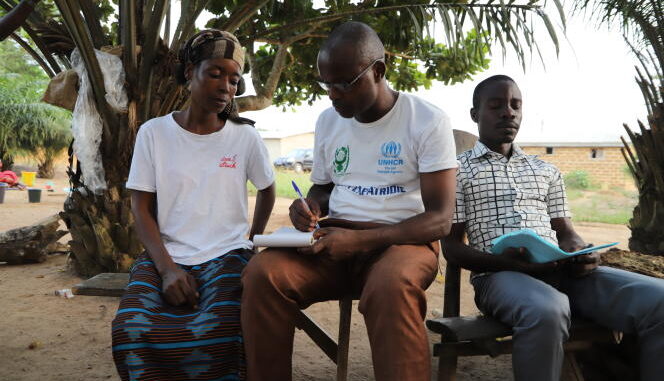
These are stateless persons or persons “at risk of statelessness”: they have no nationality or have great difficulty, due to lack of documents, in proving this nationality or a link with their State of origin. Côte d’Ivoire is setting up two commissions to enable stateless persons to have a status and thus papers to reintegrate into society. This is a first in Africa.
In Côte d’Ivoire, according to the UNHCR, 1.6 million people belong to one or the other of the two categories. Without a birth certificate, citizenship certificate, or identity document. They cannot get a diploma, get treatment in a hospital, get married, or open a bank account.
To enable stateless persons and persons at risk of statelessness to have a recognized legal existence, Côte d’Ivoire, with the help of the UNHCR, is setting up two commissions that will grant these persons a status. One commission will be called the Eligibility Commission and the other for appeals if necessary. “Any person who is unable to prove his attachment to a nationality, to a country, can seize the commission; if his request is not successful, he can formulate the appeal before the commission intended for this purpose. Ideally, there should be prima facie evidence through documents, but if there is no document, the testimony exists, an investigation is feasible and a solution can be found for the person,” explains Klofanhan Ngolo Dianogo, Director of Civil and Criminal Affairs at the Ministry of Justice.
The establishment of these commissions is the concretization of two decrees taken by Côte d’Ivoire last September. “It is a giant country because now we have mechanisms that will look into the matter, in addition to all our awareness campaigns so that every child born is registered. Côte d’Ivoire is the first country in Africa to put in place procedures for eligibility for stateless status,” Angèle Djohossou, UNHCR representative in Côte d’Ivoire.
